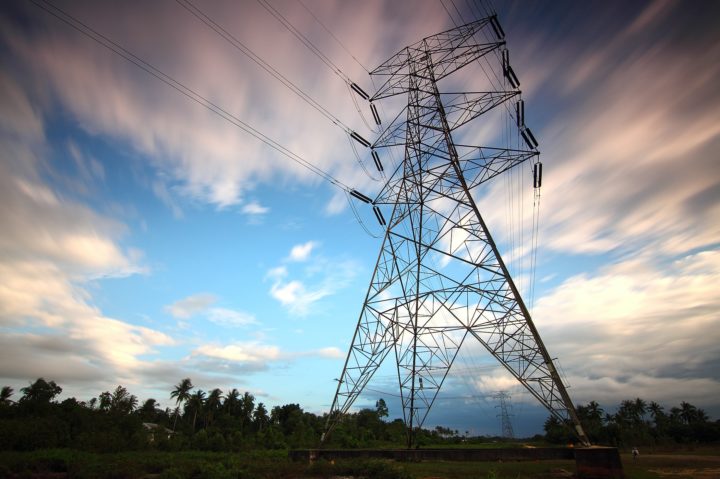The following contribution is from another author.
As we head into the depths of winter and the temperature begins to drop, it stands to reason that our homes’ energy consumption – and therefore our heating bills – will be on the increase. And, with so many of us working remotely this year due to the coronavirus pandemic, we’re spending the majority of our days in the kitchen, living room, spare bedroom or the home office.
This means the heating is on for a lot longer than is normally the case, and the government has offered tax relief to those working from home, to help cover the cost of rising energy bills.
That’s certainly one way to reduce your household expenses, and improving the energy efficiency of your home is another. Here are a few handy tips to help you stay warm this winter, without it costing you a fortune.
Insulation
The major source of heat loss from your home is through the roof. Warm air is not as dense as cooler air, which means it rises and finds a way to escape. Installing loft insulation is a great way to guard against this issue. There are many different types of loft insulation including blanket, sheet and loose-fill and these will ensure the heat remains trapped in your home for longer.
You can also insulate your pipes, which will maintain a higher water temperature and ensure your radiators are more efficient. If you have a cellar then you could also be losing heat through the ground floor, and board insulation can be measured and cut to fit within the joists to further aid heat retention. This means your heating system won’t have to work as hard to keep the house warm, saving money on your bills.
Smart meters
Although smart meters do not directly affect the efficiency of your home in the same way that insulation or boiler maintenance does, they can still serve to save you money on your energy bills. That’s because they provide automated, accurate readings to both you and your supplier. Armed with this data, you will know exactly how much you should be paying – and whether you might be able to get a better deal elsewhere.
Boiler maintenance
During the winter months, our boilers are working overtime – especially as we’re spending more hours in the house these days. An inefficient boiler can end up costing you more money in the long run, so it pays to have it regularly checked or even replaced, if necessary. It’s also sensible to invest in boiler insurance as you’ll be covered for any breakdowns or malfunctions – not what you need on a freezing January morning when all you want is a nice warm shower!
















